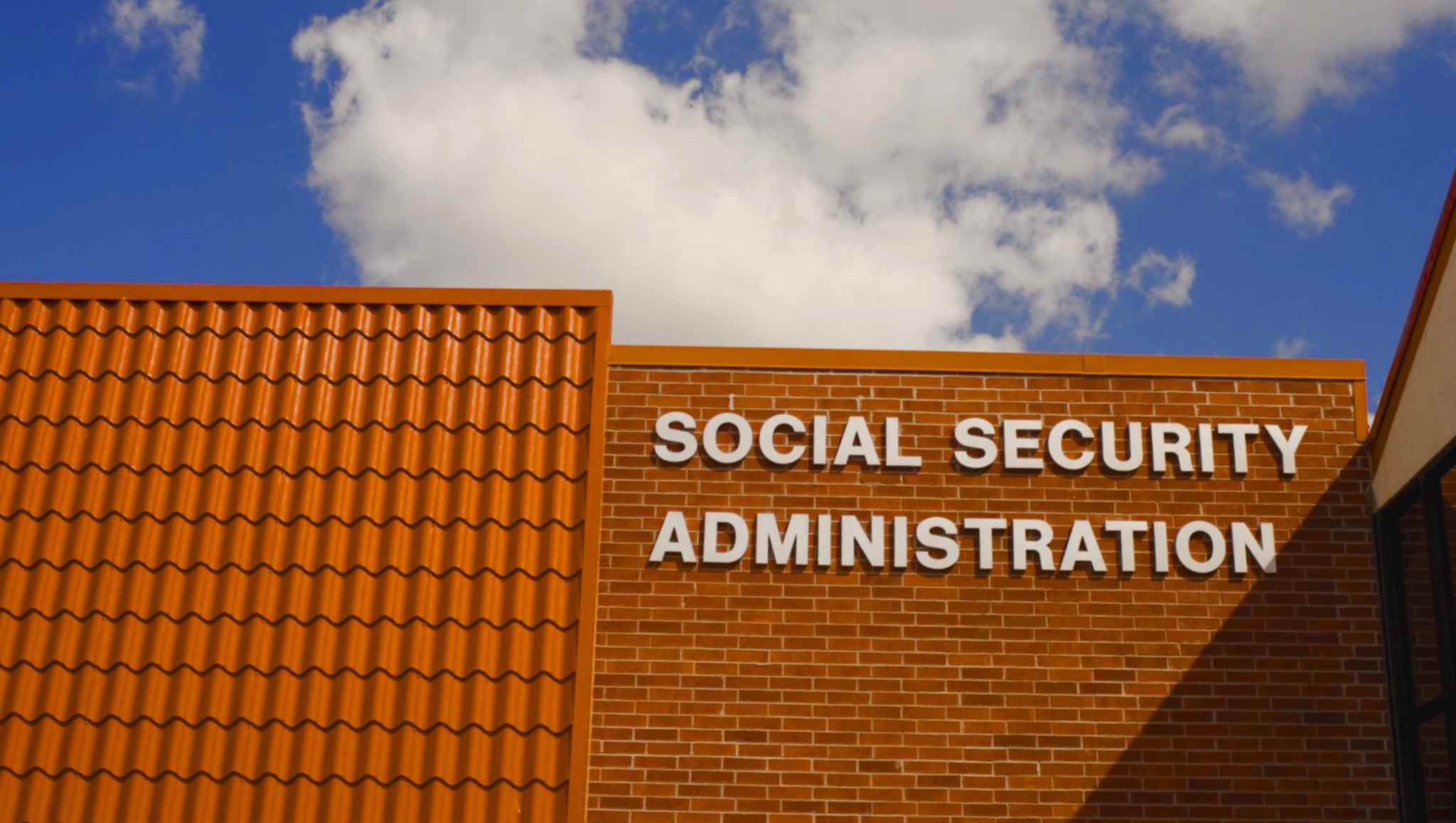The Social Security Administration (SSA) has issued an urgent statement to all benefit holders, both retirees and pensioners. In this letter, they emphasize the importance of protecting personal information against scams, since many attempts have been reported recently.
The U.S. recommends through this press release to review privacy settings on social networks to avoid scams. This warning is especially aimed at pensions and retirees, who should be aware of frauds carried out through QR codes and phishing. He also stressed the need to adopt secure passwords and keep informed about the latest trends so as not to be exposed to cybercrime.
Be careful with personal information on social networks
Government authorities recommended being very careful with social networks and the information they provide on their account. They point out that it is crucial to avoid publications with sensitive data, as these can be used by fraudsters to personalize frauds.
In this regard, the Social Security Administration warned retirees and pensioners about the increasing use of QR codes to perpetrate scams. Cybercriminals can now place fake codes over legitimate ones to redirect to malicious sites, where your information is exposed. Therefore, the entity recommends verifying that the codes have not been altered before scanning them.
Secure passwords and concern about information requests
Creating strong and unique passwords is another strategy recommended by the SSA. It also suggests avoiding predictable combinations such as birthdates or personal names, and opting for password managers to store passwords securely.
On the other hand, it stressed the importance of being wary of unsolicited e-mails, calls or messages asking for personal information. In case of any doubt, it is advisable to contact the organization named in the message directly through its official channels. In this way, the legitimacy of the request can be verified.
Current types of scams
QR scams, referred to by the SSA in its press release aimed at retirees and pensioners, are pervasive in society. This increased during December, due to the Christmas and New Year celebrations. The holiday season in the United States is very busy in the commercial sector, and thousands of people make large purchases for the celebrations.
Fraudsters are aware of this scenario, so they decided to move forward with QR scams. There were hundreds of complaints during this time, and thousands of people lost money or suffered personal information theft because of this modality.
However, it is not the only strategy used by criminals to defraud. In recent times, alarms have also been raised by e-mails promising free car kits. Many of the victims were senior citizens, who did not realize that it was a malicious e-mail.
The American Automobile Association (AAA), which provides assistance to more than 60 million people, warned about this type of scam. Henry Dorfman was one of the victims of this message. As he explained, he needed an emergency kit of this type to carry in his trunk, so when he received the invitation by mail, he did not hesitate to fill out the form that appeared on the screen in the name of AAA.
Everything was going well until it was time to make the payment, which caught his attention too much. After investigating, he discovered that the email was not from the American Automobile Association. He also noticed this on his financial statement, where he found unauthorized charges on his cards, which he had to cancel as a matter of urgency and report the scam.
Once you have finished reading this article, you can continue with other news about economy to be informed about the latest publications of this digital newspaper.







